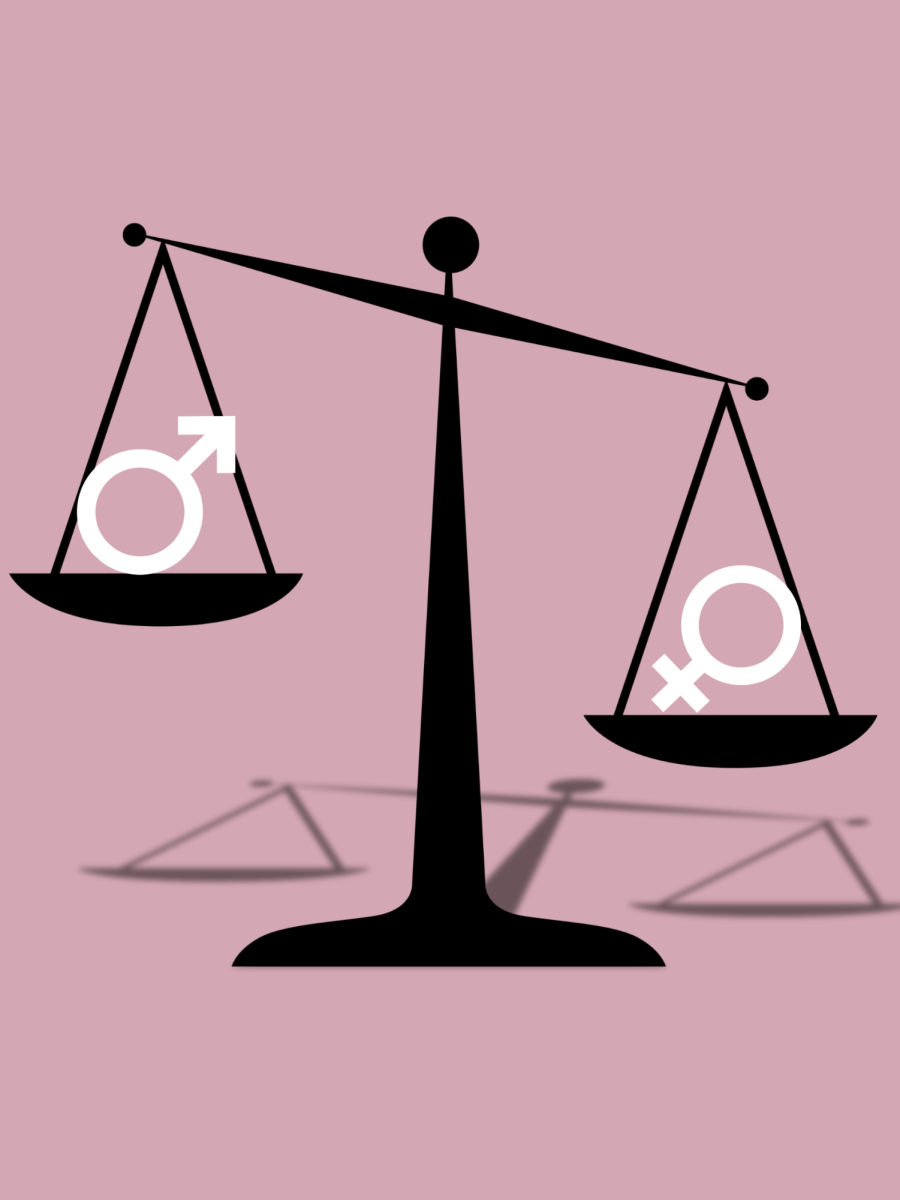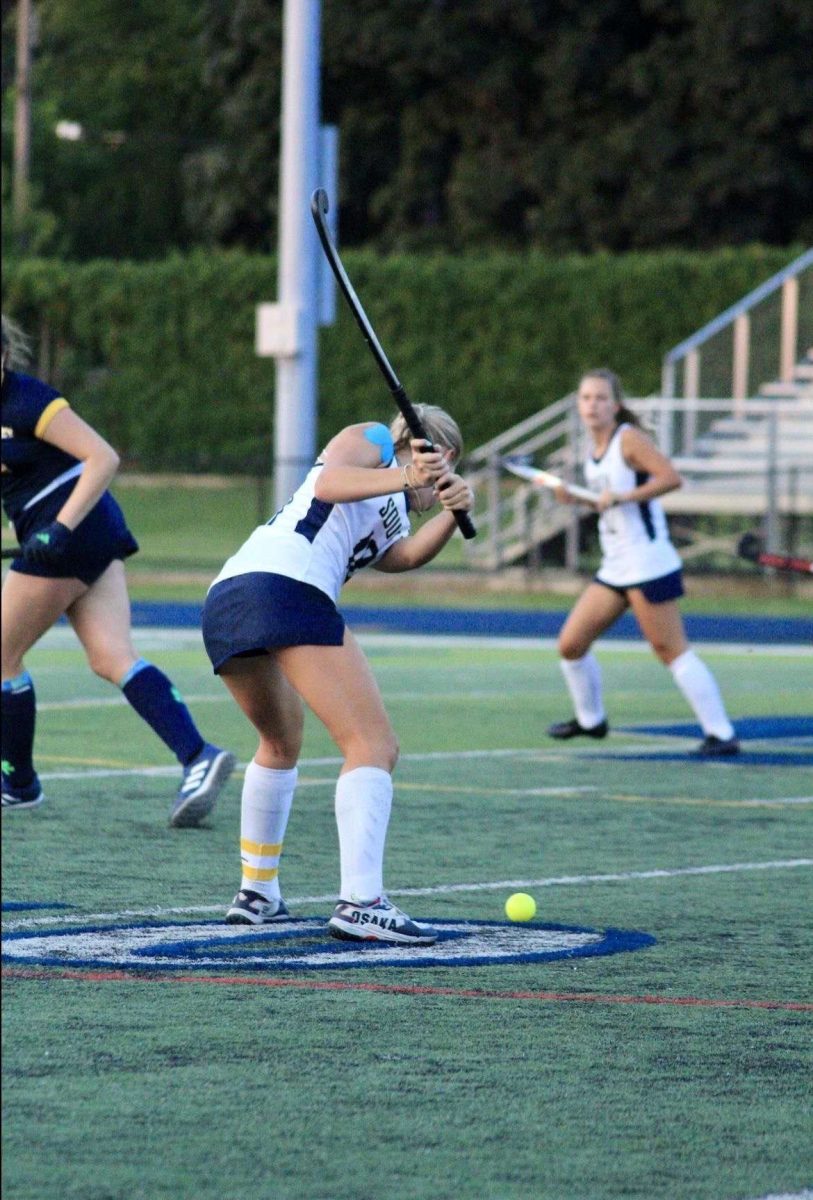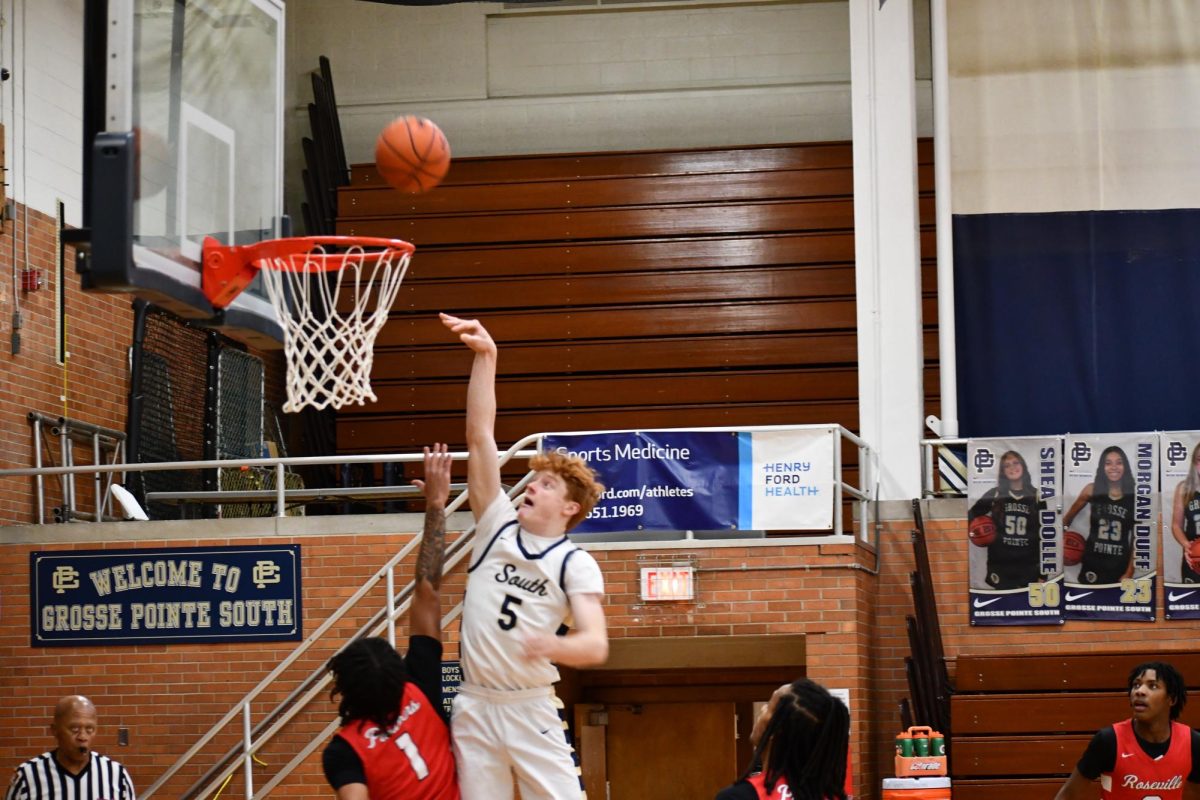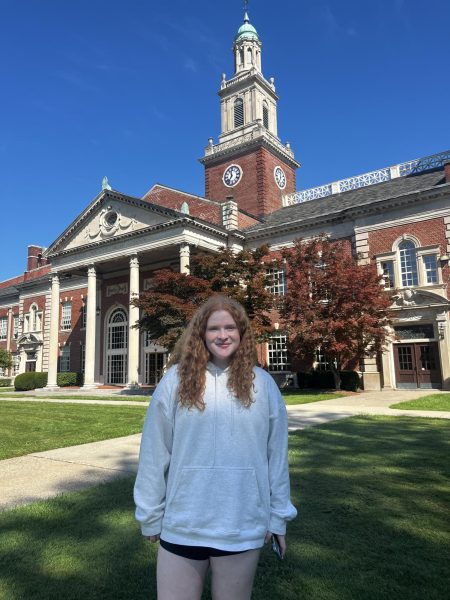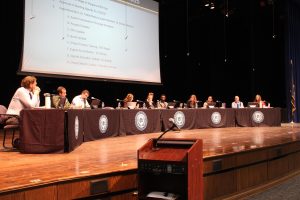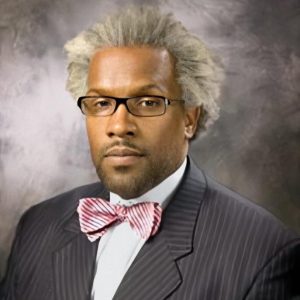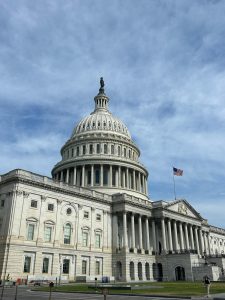Stepping back in the dark
The progress and defeats of current political and civil movements in the United States or Social movements moving forward
April 26, 2023
Since the Supreme Court overturned Roe v. Wade in June of 2022, which held the precedent—protecting the federal right to have an abortion in the United States, other social and political movements have been under attack. Now overturned, individual states are able to decide the fate of abortion rights, whether they restrict or fully ban it. Even before the official announcement of Roe v. Wade being overturned, countless protests at schools and public spaces were sparked in response. The influence of this decision has led to countless efforts to restrict and ban different political movements in the United States. Some of the new legislations and laws being introduced have started targeting students.
One of the many steps taken towards media restriction has been book banning. While it is not something that is new, recently more efforts have been taken by community members and legislators to get certain topics banned in schools nationwide. Topics involving: race, religion and the LGBTQ+ community are all under attack. According to South’s librarian Courtney Johnson, banning a book is not a rare occurrence.
“(book banning) Is prevalent in areas where groups are strong and wanting to invoke change,” Johnson said. “They insert their own personal beliefs into a public space.”
While Grosse Pointe has not seen any big controversies surrounding book banning, attempts within the community have come to a head. Although some believe that banning books is an influential way to restrict content, many disagree.
“I don’t think there’s one librarian in the United States that agrees with censoring books,” Johnson said. “I believe that parents can absolutely have that discussion with their child if they don’t like a book that comes from the Grosse Pointe Library.”
Book banning is one of the many things being done to reduce content students are able to access and restrict student voices. The overturning of Roe v. Wade held precedent, leading lawmakers to believe that long standing rulings could be changed. Laws passed such as the Don’t say Gay Bill in Florida, and Anti-Trans laws in Tennessee have harmed the LGBTQ+ community. There are many people and organizations working to defend these rights, such as Jay Kaplan who is an LGBTQ+ attorney for the Michigan American Civil Liberties Union.
“We’re seeing this happening in a lot of states around the country targeting LGBTQ youth, particularly transgender youth,” Kaplan said. “It’s very disturbing because I believe that this legislation is driven by myths and mistruths about what it means to be transgender.”
The laws in place against LGBTQ students are not to be taken lightly, as they have become very serious surrounding the wellbeing and safety of students. According to Kaplan, there are certain laws in place that criminalize providing necessary medical care for transgender youth, and some banning the discussion of LGBTQ topics.
“(There are) laws that prohibit transgender students from being able to play sports in accordance with their gender identity,” Kaplan said. “There are some laws that have been passed that would prevent transgender people from being able to get accurate identity items, documents like driver’s licenses or certificates.
While these laws have been appearing across the United States, Michigan has not yet passed legislation like this, but has tried to. Michigan’s Governor, GretchenWhitmer, has recently signed a historic pro LGBTQ bill, but some government officials were not very supportive.
“Michigan Legislators have dropped some bills that would prohibit the provision of medical care to trasngender youth and would classify hormone therapy as child abuse,” Kaplan said. “Fortunately they don’t have enough votes for it to pass and our Governor would never sign it, but some of the awful stuff that you’re hearing about in other states.’’
Many students and staff feel more secure in their identity due to Michigan’s protective laws, and according to Valerie St. John on the Grosse Pointe School Board, greater strides have been made for civil rights since she was in high school.
“Intersectionality and diversity are discussed more openly, and considered in every aspect of society now, ” St. John said. “I think that is why we are seeing more backlash. People who were used to the status quo- to not thinking about those who have different experiences- are now confronted with different types of people on a daily basis.”
Michigan’s Anti-Discrimination Bill marked the end of a decades-long fight within Michigan’s government to enact a law protecting LGBTQ+ rights.
“Only current GPPSS students can say whether or not our district is doing enough to protect LGBTQ students,” St. John said. “Again, from my perspective, we’ve come so far in the past decade that I may not know how much farther we need to go, the next generation can push us to be even better.”
Many teachers in different states are restricted on what they can talk about regarding certain topics. Some often face pressure from other staff or parents to limit the discussions they have in their classrooms.
“Our world has changed so rapidly, and students feel more free to be themselves, that we can’t go back to a time when homosexuality was considered a disease. I hope that teachers don’t feel stressed about what they can discuss with their students, but I understand why they might,” St. John said. “In our current teacher shortage, it would be foolish to discourage anyone from pursuing a career in education. We have excellent educators in GPPSS and I want to retain them.”
As protests began nationwide in regards to Roe v. Wade being overturned, many students at South had opinions on the topic.
‘‘It’s in the Constitution that it (abortions) should never be dictated by the National Government, it should be the states decision,’’ Lex Willson ’25 said, ‘‘Even though I still think it’s wrong for anyone to do it anywhere, I think it was the right thing to overturn.’’
The argument over whether it is constitutionally or morally wrong to do has been a debate for decades, since Roe was first passed in 1973. For some, religion has swayed their opinion, South student Joshua Lemanski ’25 gives his opinion.
‘‘The bible makes it clear that premarital sex is not of God and is a sin… not everyone is growing up in Grosse Pointe with two loving parents, everyone finds themselves in a difficult situation,’’ Lemanski said. ‘‘That would be an incredibly stressful situation if you have a kid but you never planned to have one, that’s where it gets tough.’’
While the Supreme Court boiled down to a decision, many students had made up their minds on where they stand. Since it is such a controversial topic, this student has chosen to share their opinions anonymously.
‘‘I just don’t think that it was a realistic and safe decision for the country,’’ an anonymous student said. This is going to harm so many people physically and mentally. This is going to add to so many societal problems we already face.’’
The many different opinions people hold allow for different conversations within the community. Through these times of controversy, South has developed many different clubs and groups to help support and comfort all students in the district.
‘‘We know that when you have groups that want to discriminate they try to target marginalized groups,” Kaplan said. “It’s so important that allies come out and make statements that show support for what is right.












































